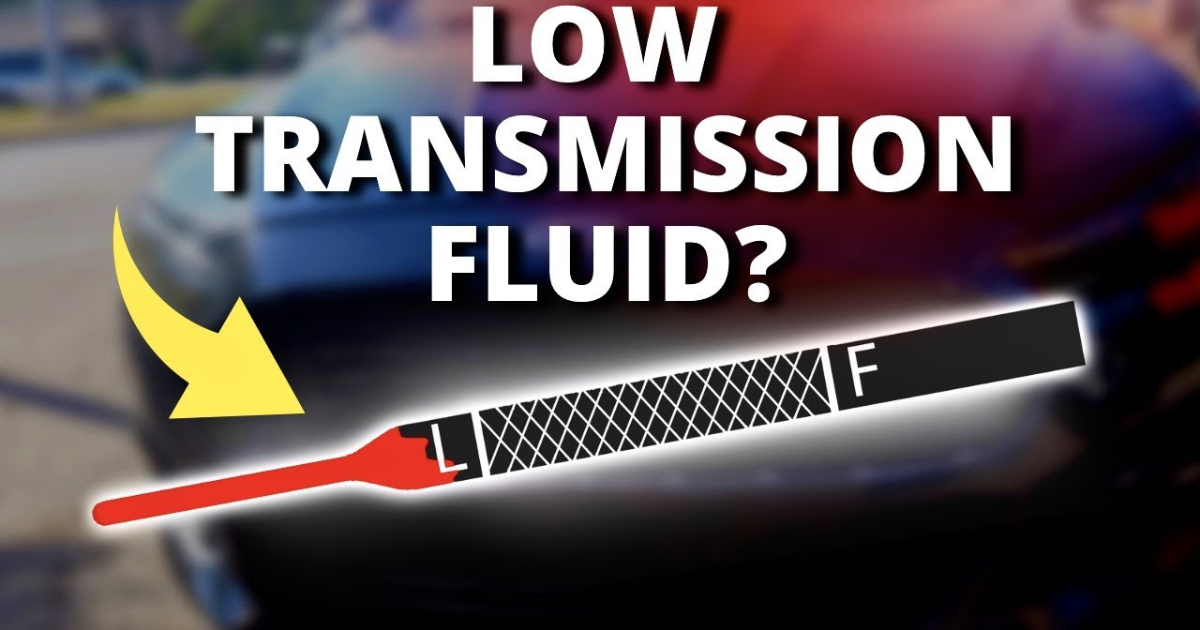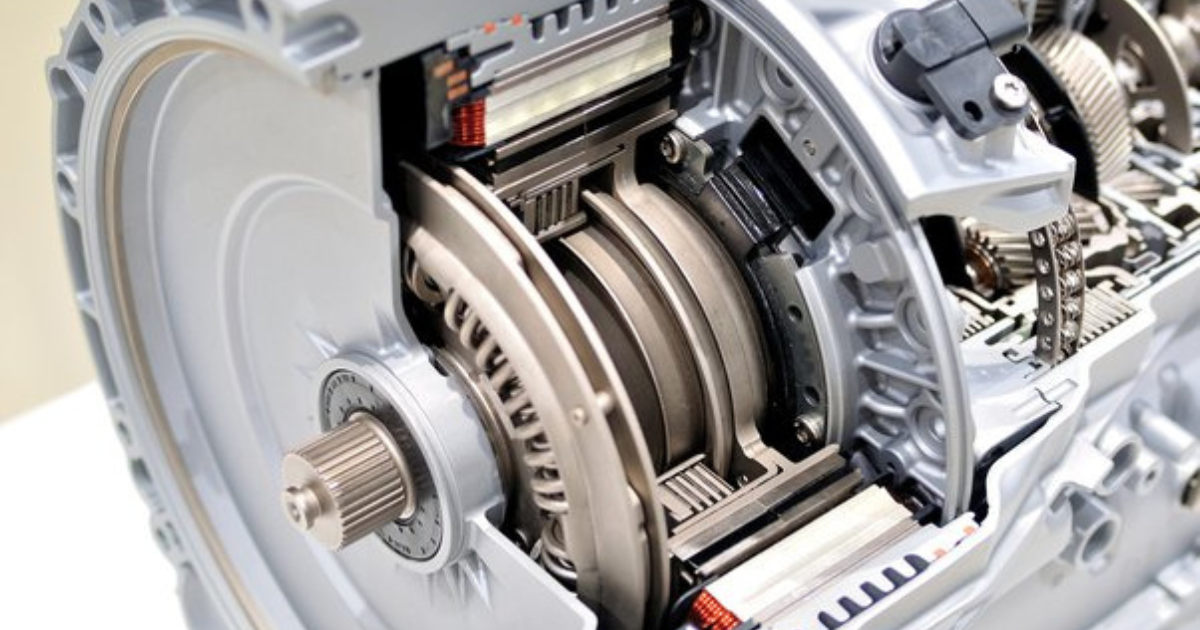The leading cause of engine damage is overheating. If your engine is running high, there are a number of possible causes, and even more strategies to narrow down the issue. Cars sometimes get too hot even with the air conditioner turned on, and we’ll go over some of the most common causes in this post.
Issues like “why does my jeep overheat when I turn the a/c on?” or “please help me I cannot find the cause of the 2013 ford fiesta overheating when the a/c is on” could present themselves. Stop and take quick action to minimize further damage to your vehicle when you experience any of the following symptoms—this can be frustrating.
What are the reasons the car overheats when it’s idle and the A/C is on?

So, you figured out that your car is overheating while sitting in traffic with the A/C on, now let’s figure out what is causing that issue.
AC compressor overload:
We are aware that when we turn on the air conditioner, the compressor strains the engine. When you switch on the air conditioner, you’ll see a small spike in RPM, which is a sign of this. It is the goal of the vehicle’s cooling system designers to ensure that the system will not lead to any operational problems.
When the compressor seizes and the auxiliary belt stops turning, problems begin to manifest. Because of the extra strain, the engine will overheat if the vehicle continues to attempt to turn the compressor without realizing it.
Defective cooling fan:
Your vehicle may overheat at idle with the air conditioner turned on if the cooling fan, motor, or connectors that regulate the fan are not functioning properly.
Many vehicles have dual cooling fans, and each fan operates at a separate speed to dissipate heat from the engine. Vehicle overheating can result from an inadequate cooling system, which can be caused by a weak fan motor.
Bad cooling system:
The initial step in inspecting the autos is to check the cooling fan. Because a well-functioning cooling system is crucial, the following step is to inspect the other components of the A/C system. Turning on the air conditioner causes the condenser to heat up, thus the cooling system kicks in to reduce its temperature.
Condensers change the condition of cooling gas from gas to liquid, which is its primary function. The radiator must be clear of any obstructions that could limit the flow for this procedure to be executed properly. Additionally, your engine could overheat when the air conditioner is turned on if the water pump isn’t working properly.
Defective engine coolant sensor:
We are all aware of the component that tells the engine control module to activate the fans for cooling. This sensor measures the temperature of the water that is circulating from the radiator to the engine’s internal components; it is situated on the cylinder head within the water passageways. Therefore, when the air conditioner is turned on, the engine can overheat due to this sensor. The control module that is meant to activate the fans at the correct speeds won’t work since this sensor might not be sending the correct signal to the engine.

Conclusion
We advise including inspections of the cooling system in your routine maintenance schedule at all times. You can avoid more serious issues in the future by doing this. Overheating is the number one enemy of an engine because it damages the internal components. You should be able to fix the problem with this tutorial, but if you’re still confused, it’s best to get an expert’s opinion.





